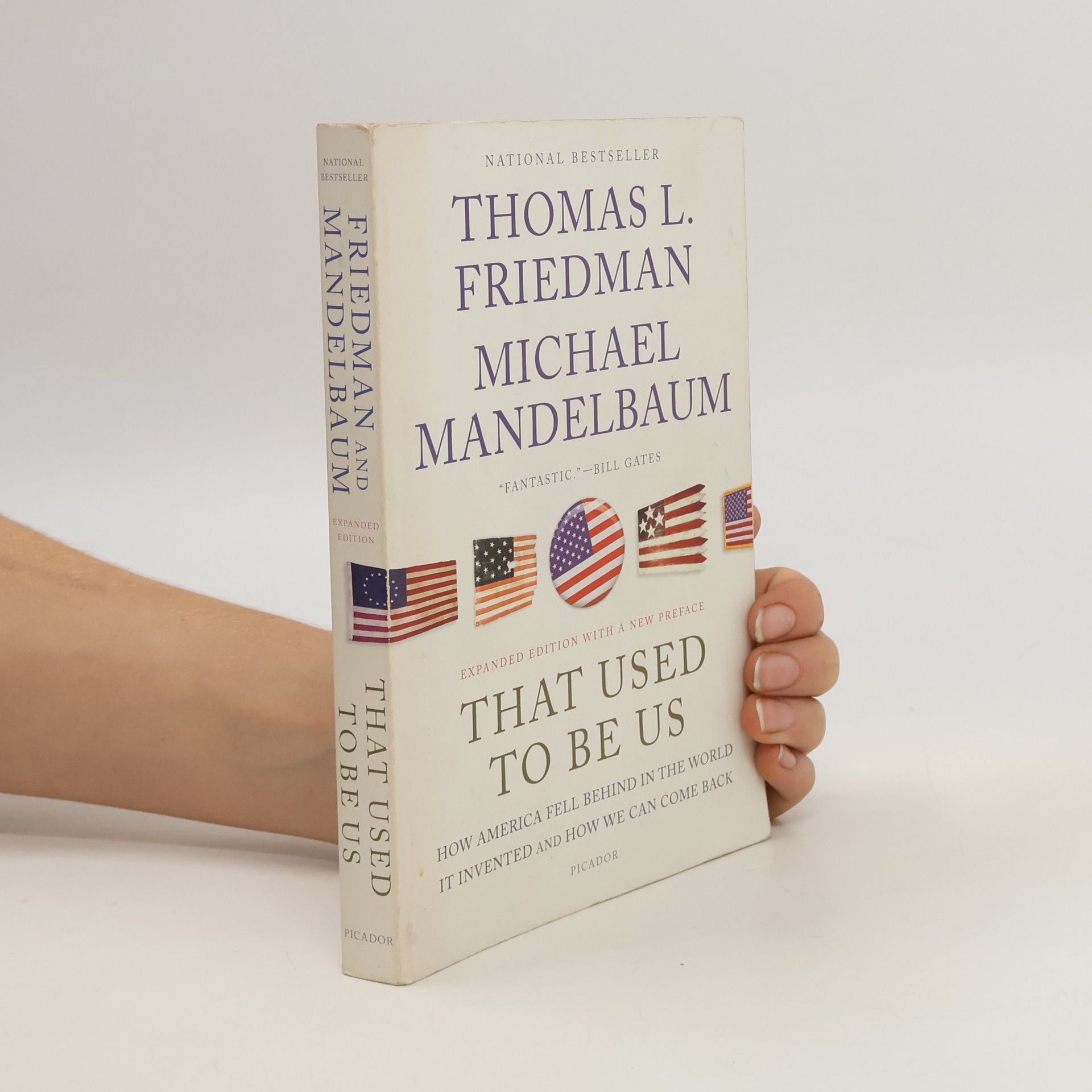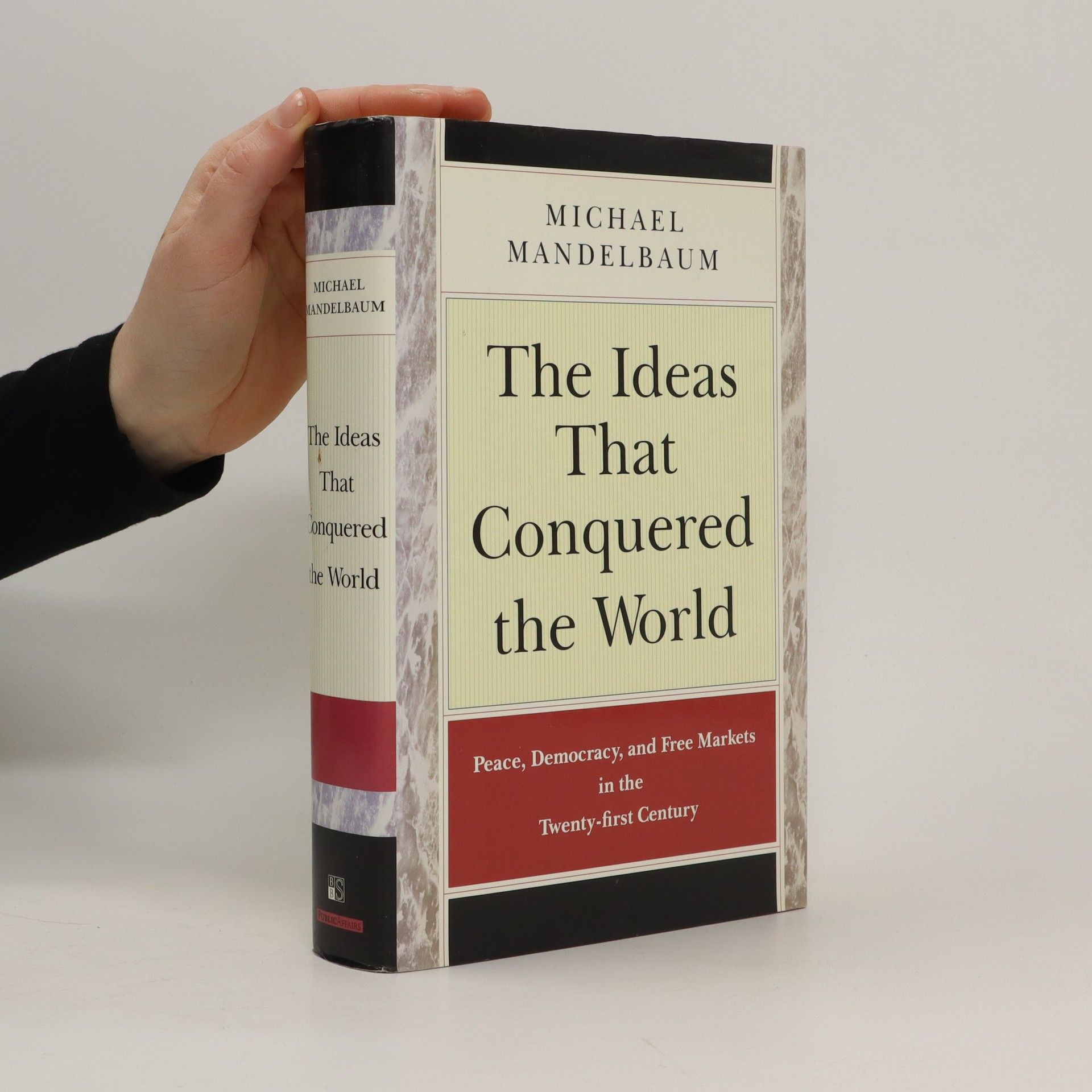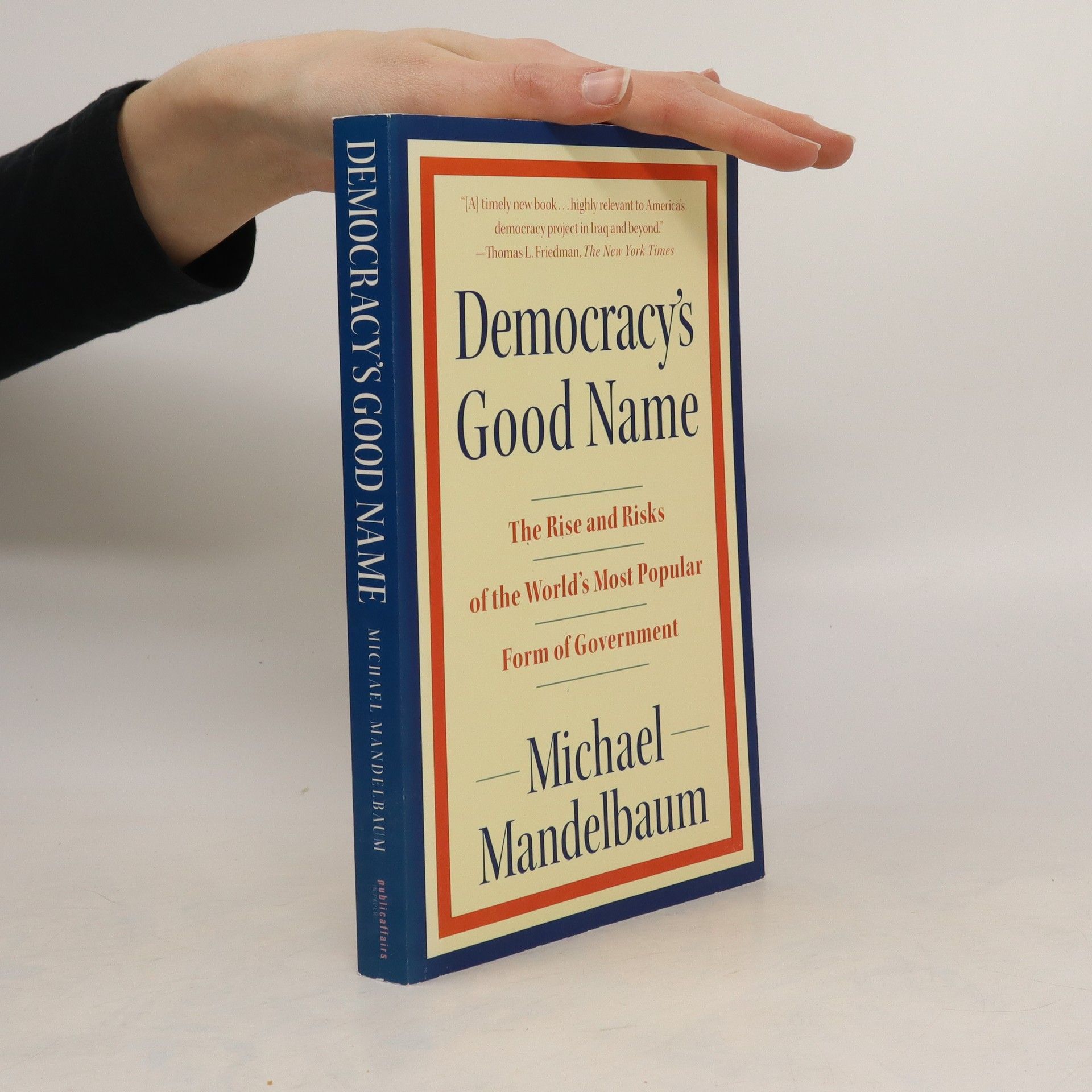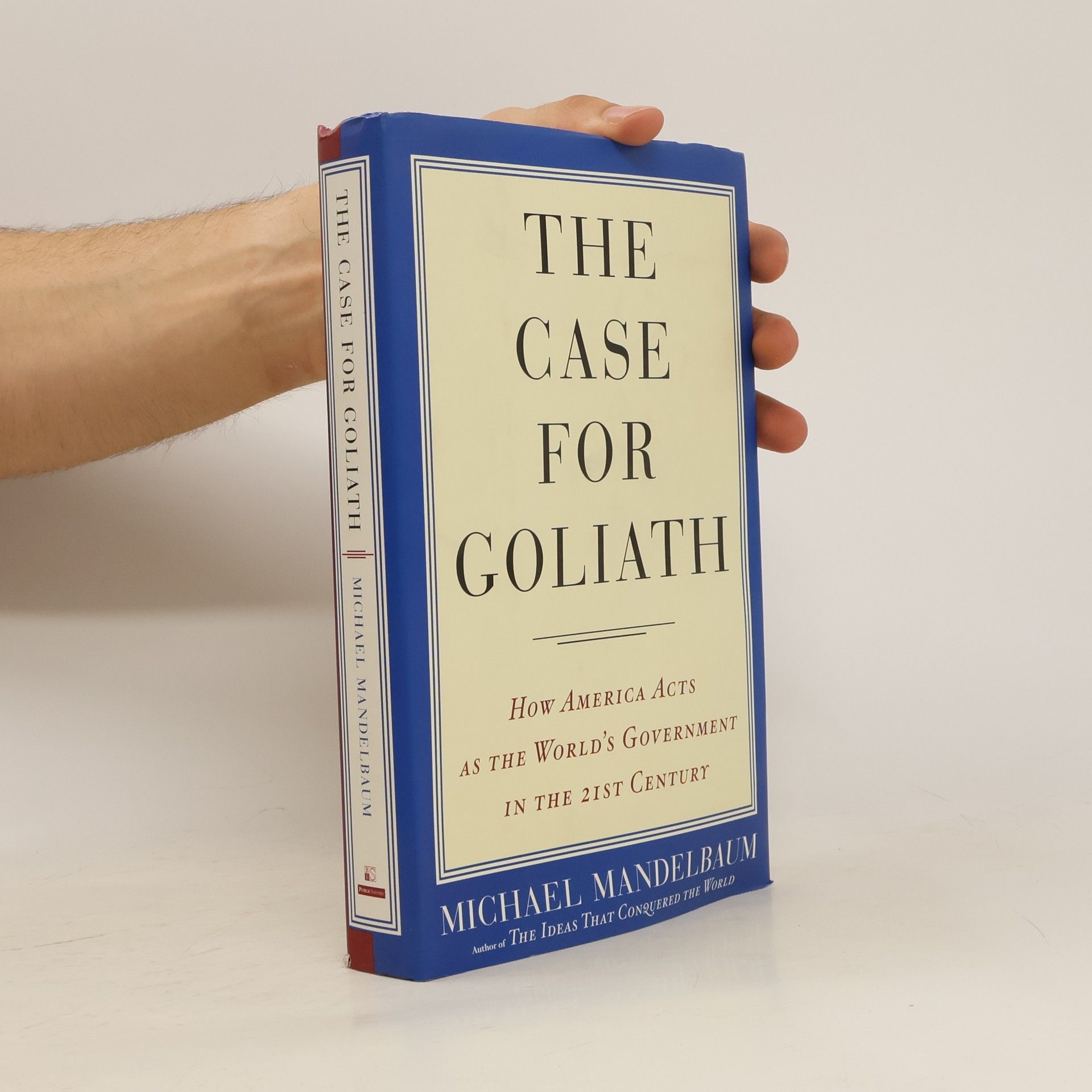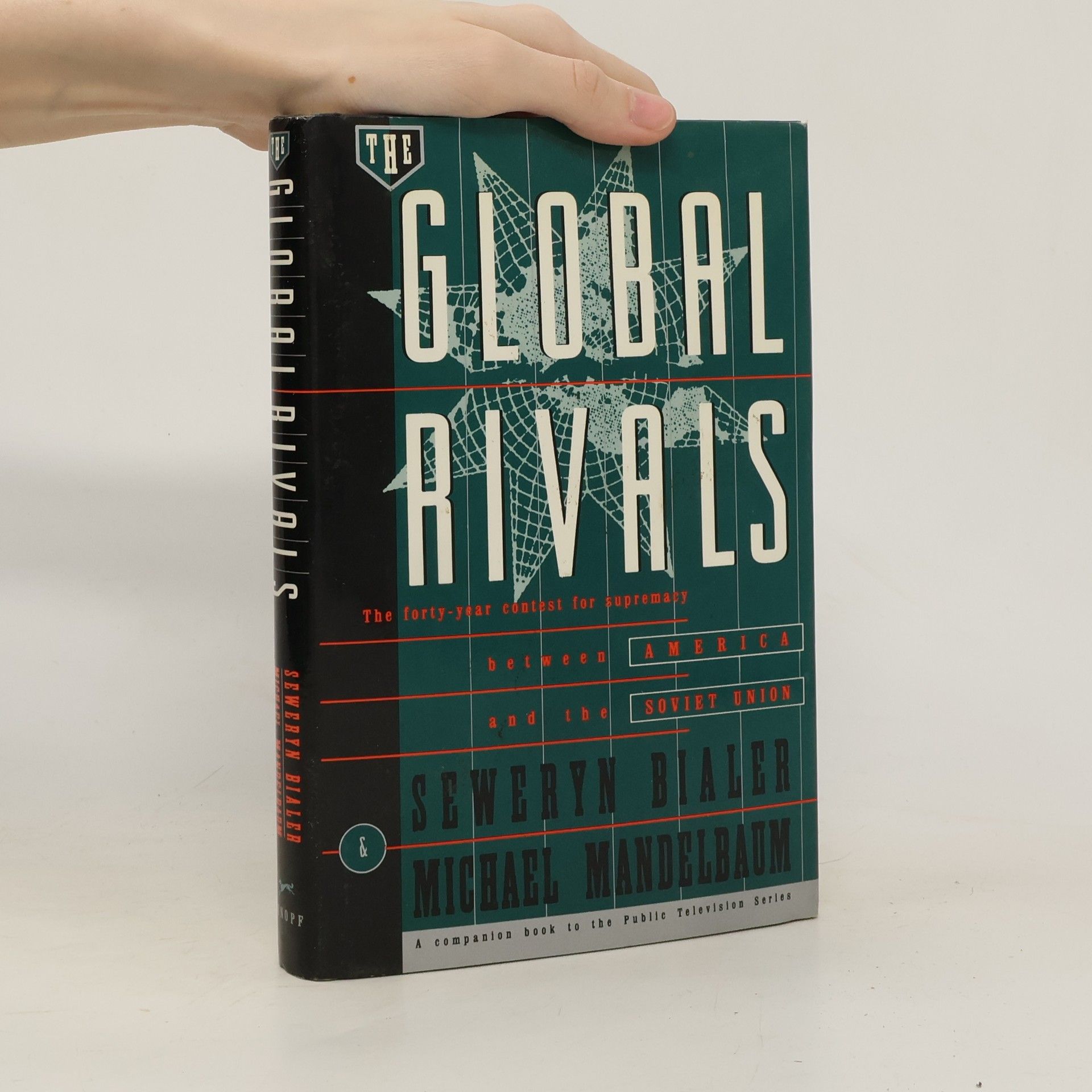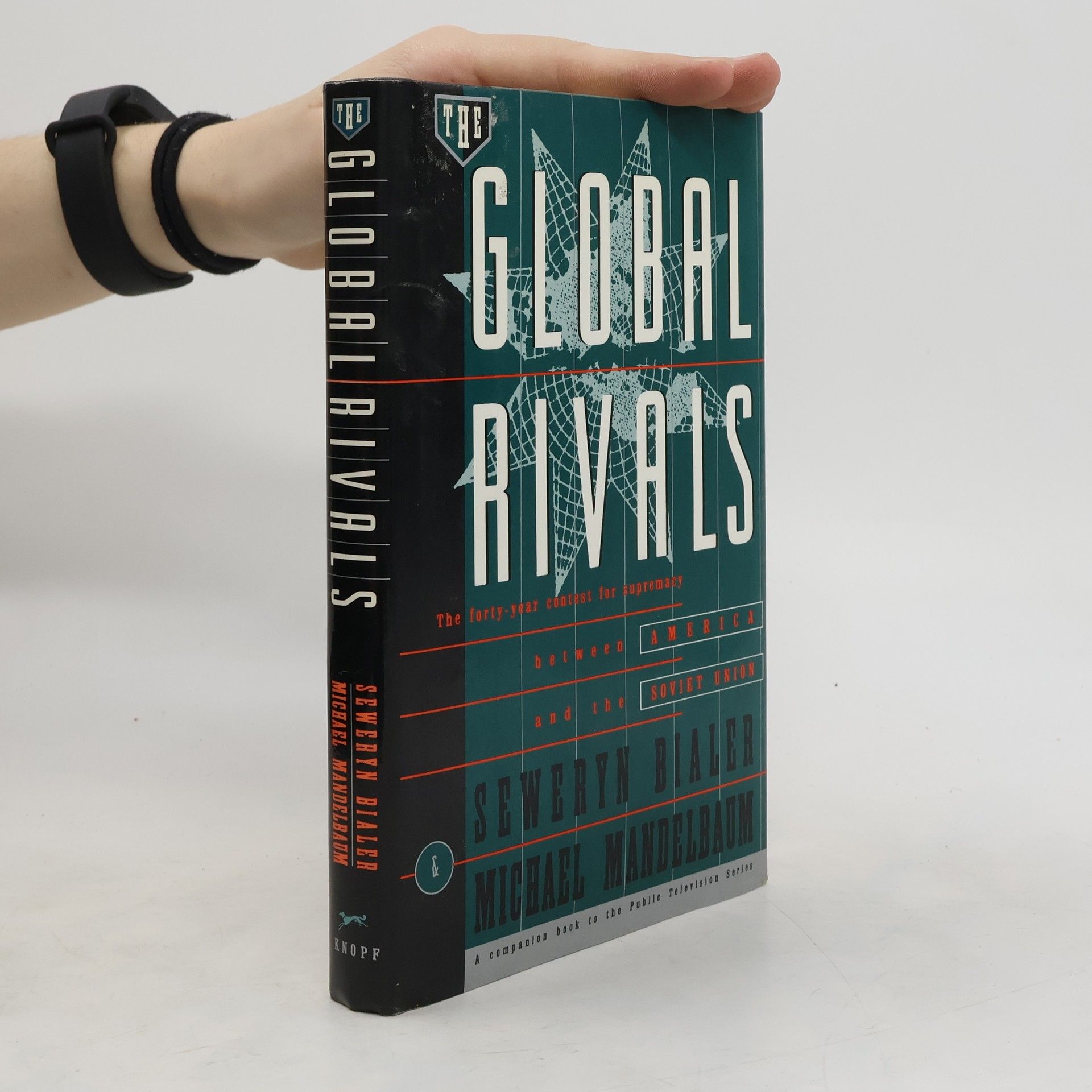The Nuclear Revolution
International Politics Before and After Hiroshima
How have nuclear weapons affected the way countries deal with one another? The Nuclear Revolution answers this question by comparing the nuclear age with previous periods of international history, from the fifth century B.C. to the twentieth century. The Nuclear Revolution offers insightful and provocative perspectives on the Soviet-American nuclear arms race, comparing it with the Anglo-German naval rivalry before World War I and with modern tariff competitions. The work also compares the advent of nuclear weapons with the two other modern revolutions in warfare: Napoleon's military innovations and the industrial warfare of World War I. It assesses the impact of nuclear armaments on the balance of power, alliances, and the behaviour of national leaders. Also included is an analysis of the differences between nuclear weapons and chemical and biological weapons of mass destruction. The concuding chapter, bringing together ideas from history, religion, and psychology, explores the effects that the threat of nuclear annihilation has on everyday life.

